With spring on the horizon, many people recommit to their new year’s resolutions to lose a few pounds to achieve that perfect summer body. For some people, dieting may lead to an unhealthy relationship with food and their body. Prevalence rates of eating disorders are on the rise in response to the COVID-19 pandemic. In 2020, The National Eating Disorders Association hotline experienced an increase in calls by 70-80%.
Eating disorders, which include anorexia nervosa, bulimia nervosa, and binge eating disorder, affect an estimated 9% of people globally. Countless others experience disordered eating but may not meet the criteria for clinical diagnosis. A 2008 study by the University of North Carolina found that 75% of women reported disordered eating. The stereotypical person with an eating disorder is a young Caucasian female. Yet women of all ages, men, Black, Indigenous, People of Color (BIPOC), LGBTQ+, disabled, and larger-bodied people experience eating disorders too but are not diagnosed with eating disorders as frequently and receive treatment at only half the rate of whites.
The loss of routine and social distancing of quarantine has provided rife conditions for unhealthy eating and body shaming. Restrictive eating or overeating serves as a coping mechanism for stress. Stockpiling groceries can trigger anxieties about food. Individuals in recovery have experienced worsening symptoms, while new cases have emerged. A 2020 study in the International Journal of Eating Disorders found that two-thirds of individuals with anorexia nervosa experienced increased restriction, while one-third of individuals with binge eating disorder experienced an increase in binge eating episodes.
The recent rise in eating disorders is also partly attributed to increased screen time. Social media is a significant trigger for eating disorders as individuals compare themselves with others. Additionally, video platforms like Zoom make individuals more self-conscious about their appearance. Memes about quarantine weight gain only worsen disordered thoughts, behaviors, and feelings about food and body image. One recent tweet asked, “Is inability to stop eating a symptom of Coronavirus?”
Even before the pandemic, experts noted a rise in diet culture trends on social media. A recent search yields over 1 billion results of “What I Eat in a Day'' videos on YouTube. TikTok is rife with harmful pro-anorexia content. The platform is currently conducting an investigation into this alarming phenomenon. Consuming social media that normalizes diet culture can turn into an unhealthy obsession with healthy eating, called orthorexia, and even develop into a life-threatening eating disorder.
It is easy to turn to Google for answers to your health and wellness concerns, but often seeking professionals is the best route. If you feel a loss of control over your thoughts and behaviors about food, consider reaching out to a professional for support with a therapist at Red Rock Counseling. Our therapists offer non-judgmental, confidential guidance to develop a more positive relationship with eating and your body. Lose diet culture while gaining self-confidence and enhanced well-being through counseling.
Written by Melanie English (Melanie@redrockcounseling.com).
To book an appointment with Melanie or any of our therapists at Red Rock counseling, click here.
References
Birch, J. (2019). Could Social Media and Diet Trends Be Contributing to a Little-Known Eating Disorder?
The Washington Post.
Bologna, C. (2020). 60 Funny Tweets about Pandemic Eating Habits. The Huffington Post.
https://www.huffpost.com/entry/pandemic-eating-habits-tweets_l_5f71419ac5b6cdc24c1af994
Gold, J. (2020). Anxiety from the COVID-19 Pandemic Could Be Making Eating Disorders Worse.
Forbes.
Marsh, S. (2020). TikTok Investigating Videos Promoting Starvation and Anorexia.
The Guardian.
Noguchi, Y. (2020). Eating Disorders Thrive in Anxious Times, and Pose a Lethal Threat.
NPR.
Sproch, L.E., Anderson, K.P., Sherman, M.F., Crawford, S.F., & Brandt, H.A. (2019).
A randomized controlled trial of group cognitive remediation therapy for anorexia nervosa: Effects on set shifting tasks for inpatient adults and adolescents. International Journal of Eating Disorders, 52(9), 1004-1014. doi: 10.1002/eat.23143
Termorshuizen, J.D. et al. (2020).
Early Impact of COVID-19 on Individuals with Self-Reported Eating Disorders: A Survey of ~1,000 Individuals in the United States and the Netherlands. International Journal of Eating Disorders, 53(11), 1780-1790. https://doi.org/10.1002/eat.23353

